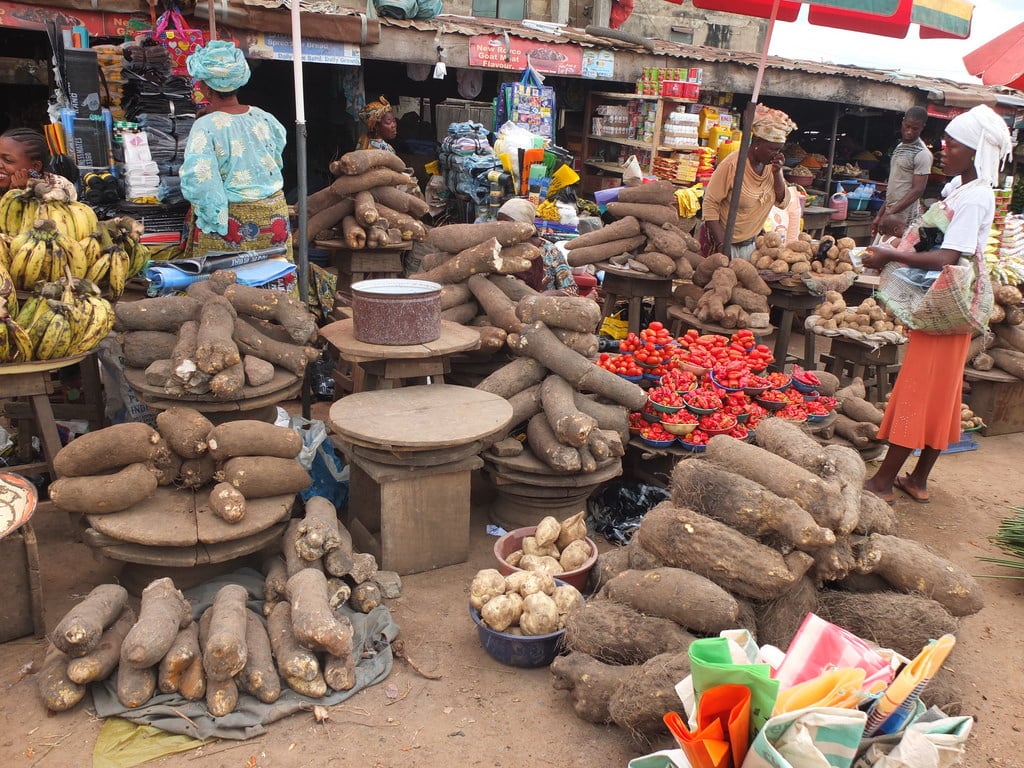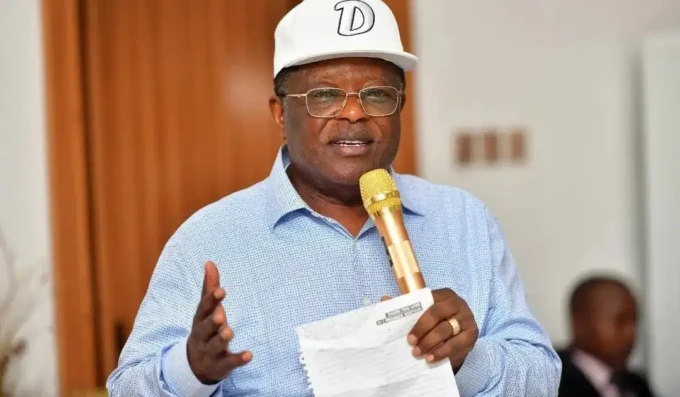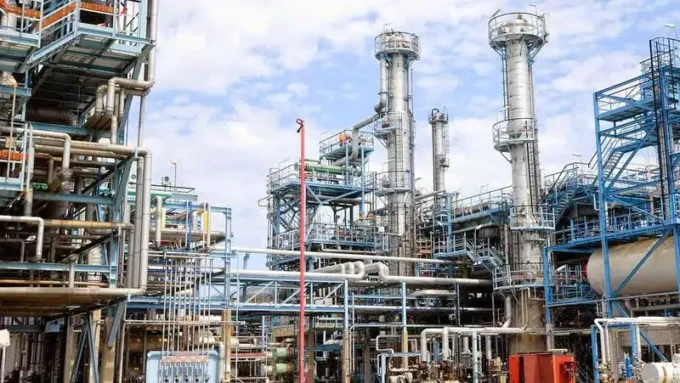The National Bureau of Statistics (NBS) has announced that Nigeria’s inflation rate escalated to 34.80% in December 2024, a slight increase from November’s 34.60%. This marginal uptick of 0.20% is largely attributed to the heightened demand for goods and services during the festive season. On a year-on-year basis, this figure represents a significant jump of 5.87 percentage points from the 28.92% recorded in December 2023, underscoring a persistent upward trend in consumer prices influenced by factors like currency depreciation, high energy costs, and supply chain disruptions.
The NBS’s Consumer Price Index (CPI) report, released on Wednesday, detailed that the average inflation rate over the past 12 months ending December 2024 was 33.24%, up from 24.66% in 2023. This rise has notably impacted the cost of living across both urban and rural landscapes. The report pointed out that food and non-alcoholic beverages were the primary drivers of this inflation, contributing 18.02% to the overall rate. Other significant contributors included housing, water, electricity, gas, and other fuels at 5.82%, and transport at 2.26%.
Urban areas experienced a higher inflation rate than rural areas. The urban inflation rate for December stood at 37.29% year-on-year, a 6.30 percentage point increase from December 2023. Rural inflation, while lower, still increased to 32.47% from 27.10% the previous year. Month-on-month, both urban and rural inflation rates saw slight declines, with urban dropping to 2.56% from 2.77%, and rural to 2.32% from 2.51%.
Food inflation specifically surged to 39.84% year-on-year, driven by price hikes in essentials like yams, rice, maize, and dried fish. However, there was a slight month-on-month easing to 2.66% from November’s 2.98%, thanks to price reductions in items like local beer and tubers. Core inflation, excluding agricultural produce and energy, rose to 29.28% year-on-year, indicating broader economic pressures beyond food and energy sectors.
State-specific data revealed stark disparities, with Bauchi and Sokoto experiencing the highest inflation rates, while Katsina, Delta, and Imo had the lowest. The data from these variances suggest regional economic challenges and resilience.
This inflationary trend during a peak consumer spending period like December underscores the economic difficulties Nigerians face, pushing for urgent policy interventions to stabilize prices and enhance purchasing power.












Wow, the inflation rate in Nigeria is skyrocketing! Do you think the governments policies are effective enough to combat this issue?
Wow, this inflation rate in Nigeria is no joke! Do you think the governments policies are effective in tackling this issue?
I wonder if this inflation surge will affect the price of jollof rice at our favorite spot. Anyone else concerned?
Is it time for Nigeria to consider implementing stricter monetary policies to combat this soaring inflation rate? Lets discuss!
Wow, this inflation rate in Nigeria is insane! Who else thinks the government needs to step up and address this issue ASAP?
I cant believe the inflation rate in Nigeria is soaring! Do you think the government is taking enough action to control it?